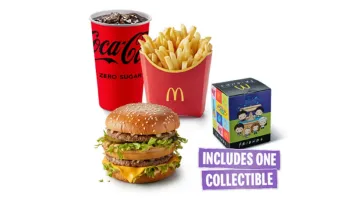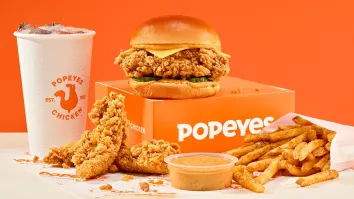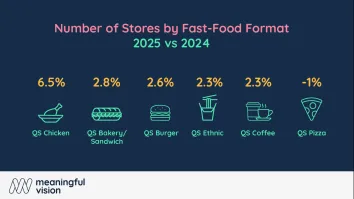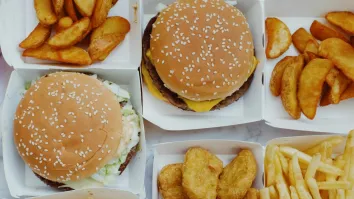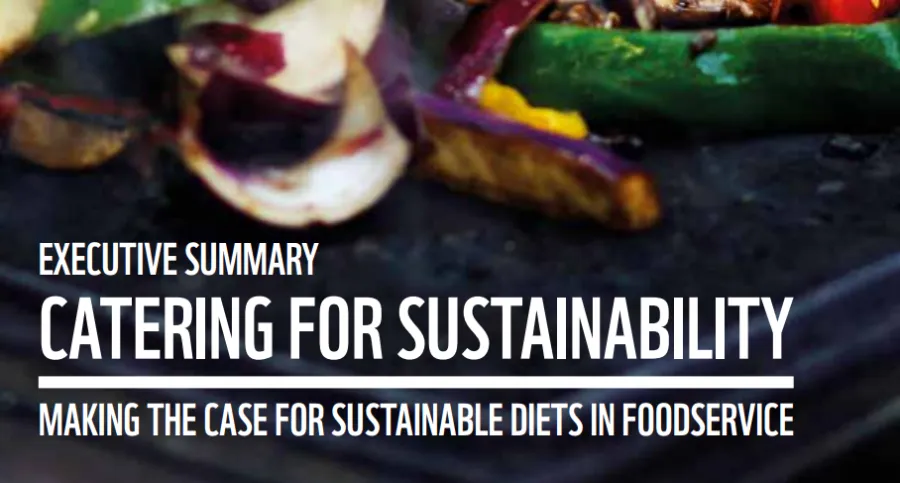
Meat-free options prove a draw among young UK diners, says research
As part of WWF’s work on sustainable food, WWF-UK and Sodexo UK & Ireland commissioned the Food Ethics Council to undertake independent research to explore the business cases for adopting and promoting sustainable diets in the foodservice sector.
The work comprised a mix of desk-based research and semistructured interviews with 16 senior foodservice sector personnel and other opinion leaders linked to the industry. The following report reflects the authors’ findings from the research and draws extensively on the interviewees’ insights and opinions.
According to the research, in the UK, 43.6% of all expenditure on food and drink is spent on ‘out of home’ catering in some form or other, in 2015 equating to £87.6 billion. As well as feeding between a fifth and a quarter of people in the UK at least once a week, the foodservice industry employs over 1.6 million workers across almost 450,000 sites.
Given its size and reach, it seems inevitable that foodservice will be affected by the challenges facing global food systems, and vulnerable to the negative effects of industrialised farming on human and planetary health.
The work aims to understand whether, why and how sustainable diets are promoted by individual foodservice companies, and to assess the business cases for adopting and promoting sustainable diets across the sector. It seeks to understand the policy environment and other external drivers of change in the industry. The report focuses primarily on the UK, but within a global context.
The report identifies a number of trends in foodservice that will help to build solid foundations for adopting and promoting sustainable diets. There is an increasing demand for healthy foods from customers and catering clients alike.
Meat consciousness is on the rise. There appears to be an increasing interest in eating less meat: interest in flexitarianism - eating a mostly vegetarian diet with the occasional addition of meat - is growing. There is a growing interest in traceability. People want to know where their food comes from, what impact it has had on the environment, and whether it meets decent animal welfare standards. This is driving an internal trend within foodservice businesses to have more transparency in their own supply chains, which can drive up standards.
Customers are changing. Millennials are one of the largest generations in history, and the generation that follows them – ‘Generation Z’ – will represent 40% of the buying publics in the US, EU and BRIC countries.8 Together these two generations will shape the future of foodservice, as they are at the forefront of social, environmental and technological change.




